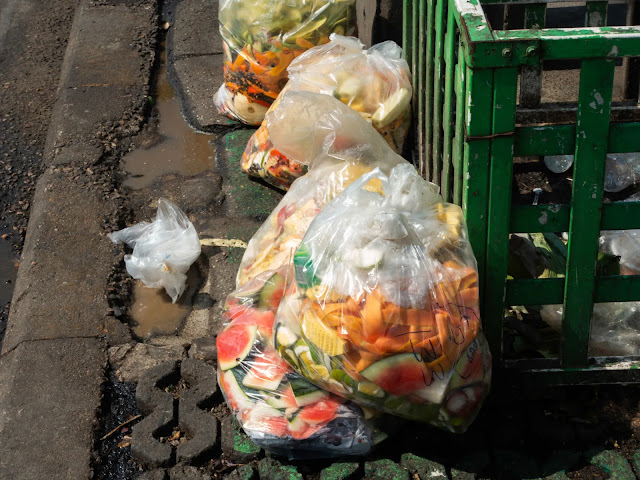Several US states have introduced food waste bans. But of the first five, only one state’s approach has worked, according to one study. But there’s more than meets the eye.
To curb the US’s gnawing food waste problem, a number of states have been prohibiting supermarkets, restaurants and other commercial waste generators from sending uneaten food to landfills.In the last decade, nine states have introduced such legislation in a bid to reduce food waste by 10-15%. But in a recent study, researchers compiled datasets covering the waste produced by 85% of the population between 1996 and 2019, and used it to examine the first five state food waste bans, in Connecticut, Vermont, and Massachusetts (all implemented in 2014), Rhode Island, and California (both in 2016).
They found that Massachusetts reduced landfilled food waste by 7% annually in the first five years – but none of the other four was successful in diverting waste from landfills or incinerators.
“We can say with high confidence that the combination of waste bans did not reduce landfilled waste by more than 3%, and that is including Massachusetts,” said Robert Evan Sanders, assistant professor of marketing at the Rady School of Management and co-author of the study. “Essentially, the data suggests that in four out of the five states we studied, these laws did nothing to reduce waste.”
The bans laid out in New York, New Jersey, Maryland and Washington were deemed too new to analyse, but the researchers sought to highlight the inefficacy of current measures to cut food waste – even though some experts have called the findings into question. More of this article (green queen) - link - more like this (waste food) - link - more like this (waste) - link

No comments:
Post a Comment